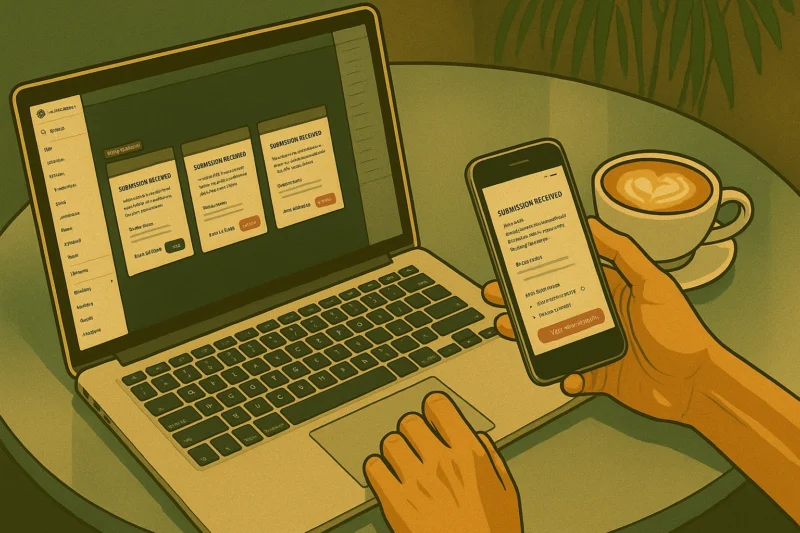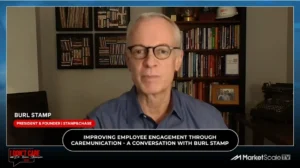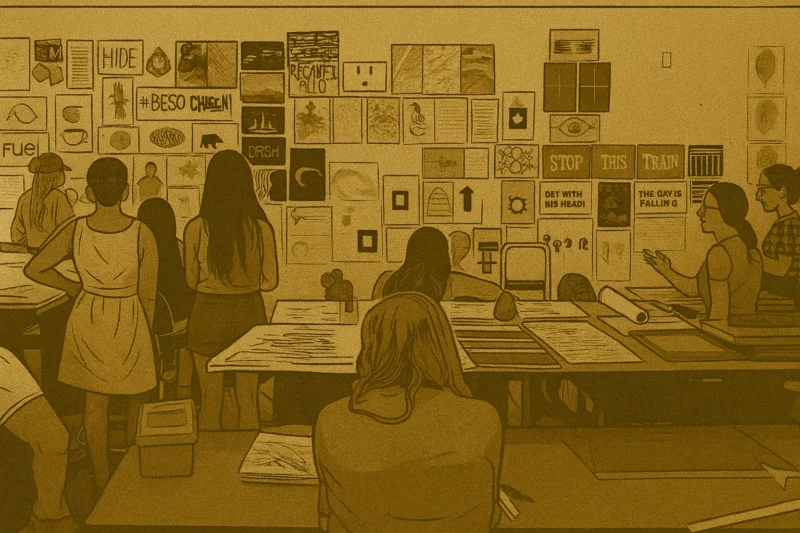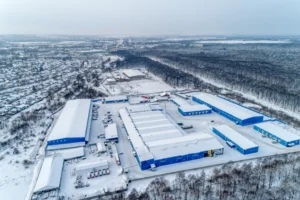Design Is Not Decoration: Why Product Designers Should Own the Problem, Not Just the Pixels

About fifteen years ago, when I graduated with a degree in Visual Communication, I saw design as a tool to help people and brands communicate more clearly through visuals. That mindset shaped how I approached my career early on. But over time, my perspective evolved. Today, I see design not just as a communication layer, but as a core part of solving real, complex problems that impact businesses and users alike.
This shift is also why I believe the work designers do matters in broader terms. It’s not just about aesthetics. It’s about creating systems, tools, and experiences that improve how industries function and how people interact with technology. For those of us working at the intersection of design and strategy, this has national-level relevance.
Design That Leads, Not Follows
Great design isn’t decoration at the end of a project. It’s foundational to the process of building something meaningful. The most exciting opportunities I’ve had didn’t come from being handed mockups to polish. They came from being trusted to define the problem, shape the solution, and align it with real user needs.
This kind of work includes:
- Designing onboarding flows that build trust in fintech products
- Streamlining complex dashboards to support better decision-making
- Building flexible design systems that speed up product delivery across teams
These aren’t surface-level tasks. They improve how organizations operate and how users experience essential tools.
Designers Who Own the Problem
The best designers I’ve worked with don’t wait for requirements. They dig in. They ask better questions. They work across functions to make sure the right thing gets built, not just the pretty thing.
That means:
- Collaborating with developers and PMs on strategy, not just delivery
- Interviewing users to understand pain points
- Auditing journeys and systems to reduce friction
- Prototyping ideas that simplify, clarify, and scale
These efforts create value beyond the screen. And when done right, they drive efficiency, reduce waste, and push innovation forward.
Why This Matters at a Bigger Scale
Design that solves problems contributes to industry. It helps companies build better tools. It helps users trust and use those tools. It makes industries more competitive and user-focused.
As someone who blends product thinking with design leadership, I’m constantly building for outcomes that matter. And in that way, I believe designers have a growing role to play in areas that align with national interest.
The better we get at solving problems, the more we shape the future of how things work. Not just how they look.








